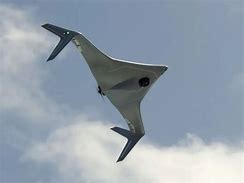
Drone warfare has become a staple in modern military operations, raising critical questions about the legitimacy and human implications of using unmanned aerial vehicles (UAVs) for lethal strikes.

Central to the debate is the moral and legal framework that justifies drone strikes, especially when conducted by the U.S. military, which carries out the majority of these operations globally.

The discourse surrounding drone warfare is multifaceted, delving into the tactical and strategic use of drones, the constraints that govern their deployment, and the varying public perceptions of their legitimacy.

The legitimacy of drone strikes hinges on their alignment with moral and legal standards, with international approval often playing a crucial role in public perception.
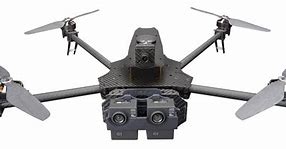
Strategic strikes, which target key terrorist leaders to hasten a group’s collapse, and tactical strikes, aimed at achieving specific battlefield objectives, are the primary forms of drone operations.

While U.S. citizens generally perceive over-the-horizon drone strikes, conducted without external oversight, as legitimate, concerns arise when civilian casualties are involved.
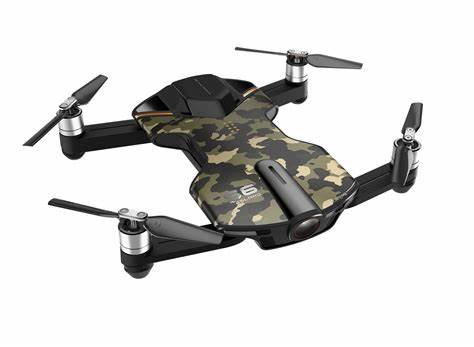
Such incidents provoke a shift in perspective, favoring international rather than national oversight to ensure the appropriate use of force.
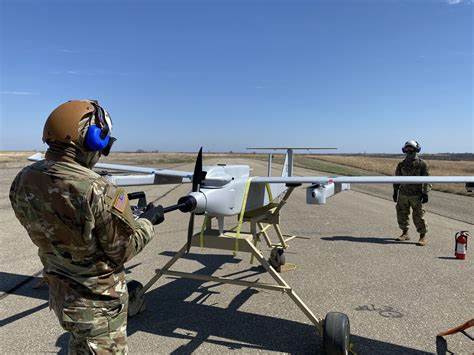
The U.S. Army’s chaplains, serving as moral advocates, offer a contrasting view to the general public. Their beliefs reflect a preference for tightly constrained tactical strikes on the battlefield and question the legality, intelligence accuracy, and national security implications of over-the-horizon strikes.
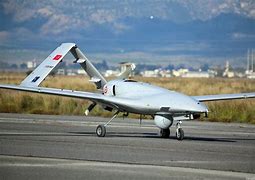
Clarity on the intelligence driving operations, measures to protect civilians, and compliance with international law could enhance the program’s legitimacy among citizens and soldiers alike.
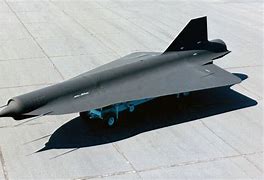
Amidst the evolving landscape of drone warfare, the U.S. Army officer Lt. Col. Paul Lushenko’s book, “The Legitimacy of Drone Warfare: Evaluating Public Perceptions,” co-authored with economics professor Shyam Raman, offers groundbreaking insights into public attitudes towards drone warfare.
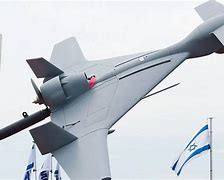
Their empirical analysis sheds light on the nuanced factors that shape perceptions of legitimacy, guiding practitioners, policymakers, and researchers in navigating the modern way of war.
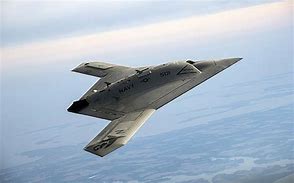
As technology rapidly advances, societal deliberation must keep pace to inform military decision-making and the development of international standards in line with the principles of warfare.
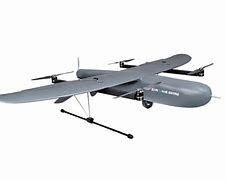
The human element remains central in UAV operations, despite the technological sophistication. UAVs continue to proliferate, presenting incremental threats to U.S. and allied military operations.
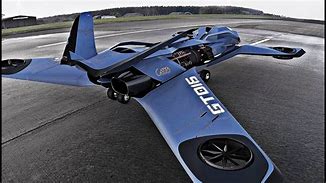
The RAND Corporation’s report in 2018 predicts that adversaries equipped with various types and sizes of UAVs will challenge future U.S. forces. As such, military operations involving UAVs represent a complex sociotechnical system, with human operators crucial to their success.
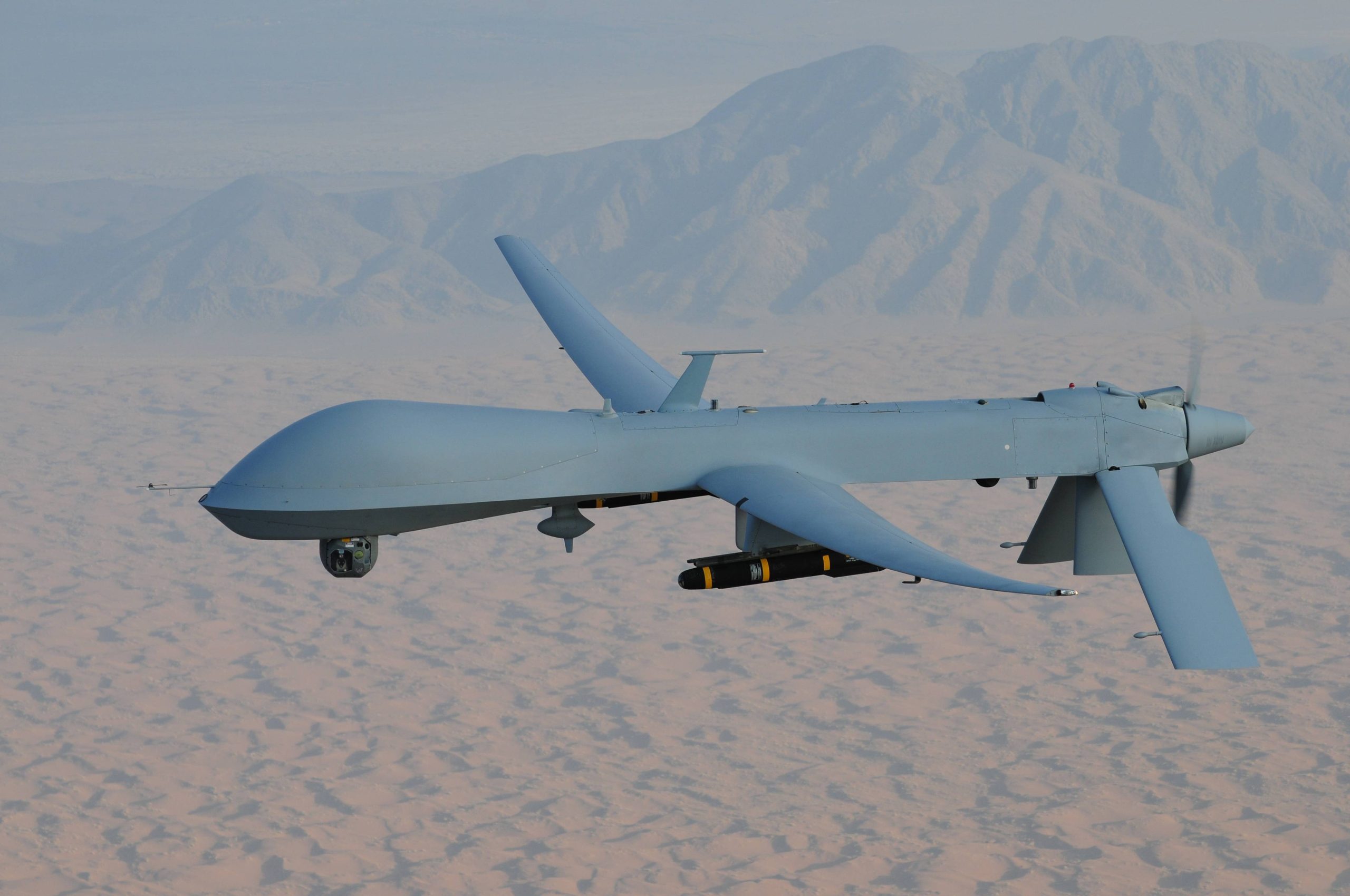
The experiences of drone pilots and sensor operators are protected from public scrutiny, and official policies discourage the sharing of operational details without the necessary security clearances.
Relevant articles:
– US drone warfare faces questions of legitimacy, study of military chaplains shows, The Conversation
– US Army officer’s book explores legitimacy of drone warfare, C4ISRNet
– Airmen and Unmanned Aerial Vehicles: The Danger of Generalization, Air University (af.edu)
